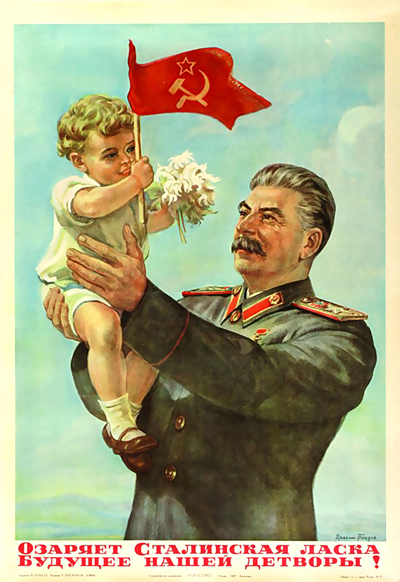Marcuse argued that the middle class was too obsessed with consumerism for them to fight capitalism. This leads to a weak unity among the working class. Instead, the marginalized, victims of fascism basically, should be united.
I read an article critical of him on the marxists website, and it was kinda dumb. At the start of the article the writer labeled him as “anti-working class”, he immediately accused him of being a CIA puppet as well. Then he said he was an anarchist lol. Afterwards, he claims that the working class is not pacified, citing they had " lack of trust" in government as evidence.
Finally, here is a gem of a statement emphasizing the author’s idiocy.
“Marcuse was also often accused of being an advocate of the so-called “sexual revolution,” including the supposedly “liberating” effects of promiscuity, pornography and the sexual content of mass culture. Actually, he was strongly opposed to these trends; which he criticized with his theory of “repressive desublimation.” By turning people’s natural sexuality into a commodity, he argued, capitalism actually repressed their capacity for loving relationships and replaced it with perversions that became increasingly brutal. He associated this perversity with the rise of fascist trends and viewed its encouragement by the ruling class as a form of social control.”
It seems the writer thinks porn is liberating? It’s what I got from this.
What do you guys think of Marcuse?


Erich Fromm, who was an avowed Marxist (though certainly a peculiar one), has a good critique of Marcuse in The Crisis of Psychoanalysis (essentially on psychoanalytic grounds, but the critique might be valid for other parts of his thought)—can’t give a precise page because epubs don’t really allow to:
In this sense, Fromm thinks Marcuse is an idealist who just uses theoretical concepts however he sees fit without caring about their original purpose. This makes him able to make grand statements and speculations about society (some of which honestly do hit home) but at the same time sorely lacking in any empirical basis.
On a personal note, I have read a bit of Marcuse and found him at his best when criticizing western institutions; his chapters on analytic philosophy in One Dimensional Man were a riot to read.
Your comment is much appreciated! I just ordered One Dimensional Man yesterday. I am worried that I will have difficulty understanding the book because of that remark you posted. The book arrives in a week, so I’ll read up on Freudian concepts while I wait.
I personally think that, from marcuse, ODM is one of the more approachable texts
I don’t really think you need to know Freudian concepts all too well to work with Marcuse, especially One Dimensional Man, which as the comrade pointed out, is a very approachable text. In any case knowing Freudian concepts might be a bit of a hinder since, as Fromm points out, Marcuse is so idiosyncratic in his use as to pretty much ignore their original meaning. Best to read him as is, I feel, and then later, if you brush up on your psychoanalytic knowledge, you can compare and contrast his use as differing from others.